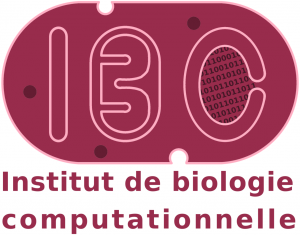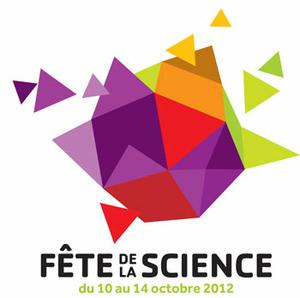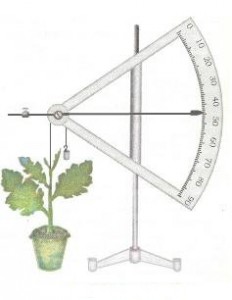Stage Master 2 Informatique
Recommandation diversifiée et multi-site
De nouvelles applications et pratiques sont apparues dans le contexte d’internet, et ont transformé les utilisateurs en producteurs et consommateurs massifs de données (big data). En même temps, cela permet de définir des profils utilisateurs plus précis en fonction des données stockées par chaque utilisateur. Ces profils peuvent être exploités afin d’améliorer la qualité des résultats aux requêtes soumises par les utilisateurs. Dans ce contexte, la recherche et recommandation distribuée [1,2,4] est utilisé comme une solution pour traiter et permettre le partage de ce grand volume de données, en exploitant les profils des utilisateurs. Dans ce stage, nous nous concentrons sur la recherche et la recommandation dans le cadre de communautés de scientifiques et/ou de communautés génériques. En particulier, nous nous focalisons sur les approches multi-sites où chaque site regroupe un ensemble d’utilisateurs avec des profils variés.
Le stagiaire devra proposer et implémenter un algorithme de recommandation distribué pour les architectures multi-sites. À partir d’une requête a mots clé, l’algorithme distribué recommande des items (documents, images, etc), à partir de plusieurs sites et en fonction des profils utilisateurs. Pour améliorer les résultats de la recommandation, au sein de cet algorithme distribué, une fonction de scoring [3] spécifique est utilisée pour permettre la recommandation diversifiée, et prendre en compte la diversité des profils des utilisateurs.
Pour valider l’algorithme proposé le stagiaire aura pour mission de réaliser un ensemble de simulations et développer un outil dans le cadre du multi-sites, afin d’évaluer la qualité de l’approche. Le développement se fera en JAVA. L’étudiant pourra travaillera sur les plateformes Grid’5000, Amazon S3 ou Microsoft Azure.
Ce stage s’inscrit dans le projet Mastodons, au sein de l’équipe Zenith au Lirmm.
Plus précisément le stagiaire aura pour mission :
- rédaction d’un état de l’art sur la recommandation distribuée
- proposition d’un algorithme
- validation:réalisation des simulations, conception et modélisation du logiciel, etc
- rédaction du rapport du stage
Profil de candidats recherchés :
- Goût prononcé pour le développement
- Aimer le travail en équipe
- Autonomie
- Intérêt pour le domaine des sciences
Niveau : Master 2 Informatique
Lieu : Lirmm, 95, rue de la Galéra, Montpellier
Contact : Esther Pacitti (pacitti@lirmm.fr)
Durée: de 4 à 6 mois
Références Majeurs
1. E. Pacitti, R. Akbarinia, Manal El-Dick. P2P Techniques for Decentralized Applications, Morgan & Claypool Publishers, 2012, (104 pages).
2. F. Draidi, E. Pacitti, B. Kemme. P2Prec: a P2P Recommendation System for Large-scale Data Sharing. Journal of Transactions on Large-Scale Data and Knowledge-Centered Systems 3: 87-116, Springer, 2011.
3. M. Servajean, E. Pacitti, S. Amr-Yahia, P. Neveu. Profile diversity in search and recommendation, 4th Int. Workshop on Social Recommender Systems, WWW (Companion Book) 973-980, 2013.
4. F. Draidi, E.Pacitti, D. Parigot, G. Verger: P2Prec: a Social-Based P2P Recommendation System, Int. Conf. on Information and Knowledge Management (CIKM), 2593-2596,Glasgow, United Kingdom, 2011.
 Zenith participe à la journée sur “Les Usages Mobiles de l’information scientifique dans l’enseignement supérieur et la recherche”. Alexis Joly présentera la “Mobilisation des sciences participatives et numériques au service de la découverte du végétal. Un exemple au travers du projet Pl@ntNet” le 21 novembre à 15h05, dans la session “Applications scientifiques mobiles : présentations et retours d’expériences”.
Zenith participe à la journée sur “Les Usages Mobiles de l’information scientifique dans l’enseignement supérieur et la recherche”. Alexis Joly présentera la “Mobilisation des sciences participatives et numériques au service de la découverte du végétal. Un exemple au travers du projet Pl@ntNet” le 21 novembre à 15h05, dans la session “Applications scientifiques mobiles : présentations et retours d’expériences”.







